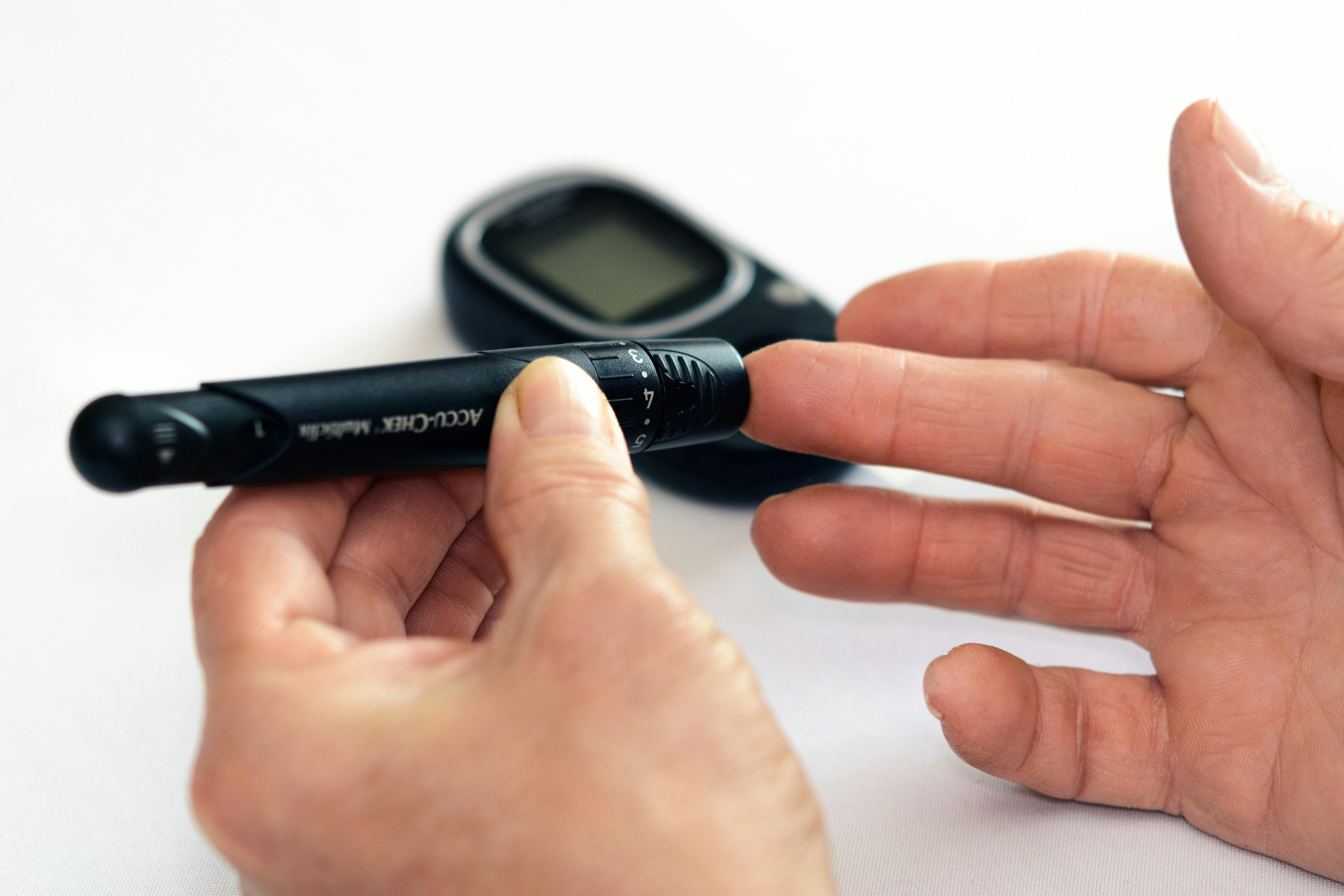A form of intermittent fasting returned better results for blood sugar, weight loss management than prescription medications.
Type 2 diabetes is a global health concern, affecting millions of people worldwide. The condition has been steadily increasing, driven both by socioeconomic and lifestyle factors. Researchers believe that increased urbanization, lack of physical activity, and the availability of high-calorie, nutrient-poor foods, including processed food, are primarily to blame. As a result, type 2 diabetes has become a major public health concern, with an estimated 463 million adults living with the disease in 2019 with projections for this number to rise to 700 million by 2045.
Going hand-in-hand with the rise in type 2 cases is an increasing obesity epidemic. This had led many people with the condition to seek out drugs to control their weight with the hope that this will also eliminate symptoms. Because of this, demand for pharmaceuticals such as Wegovy and Ozempic (generic: semaglutide) has spiked, leading to other concerning factors such as poison control centers being inundated with calls and fake (sometimes dangerous) versions of these drugs hitting the market. The World Health Organization issued a warning last month that counterfeit versions were found in many areas of the U.S. and Europe.
“WHO advises healthcare professionals, regulatory authorities and the public be aware of these falsified batches of medicines,” said Dr Yukiko Nakatani, WHO Assistant Director-General for Access to Medicines and Health Products. “We call on stakeholders to stop any usage of suspicious medicines and report to relevant authorities.”
All that being said, any news about effective natural alternatives to promote weight loss and better manage type 2 symptoms would be highly welcomed. The good news is that recent research has rolled out findings that offers just that.

A study, known as the EARLY (Exploration of Treatment of Newly Diagnosed Overweight/Obese Type 2 Diabetes Mellitus), explored different dietary approaches to improving glycemic control and overall health in patients with type 2 diabetes. The team found that the 5:2 meal replacement method, which includes intermittent fasting with two non-consecutive days of limiting food intake following by five days of returning to regular habits, was especially promising. In fact, researchers believe that following this diet is even more helpful than taking traditional medications to control weight and subsequent systems.
The EARLY study was a randomized, open-label, active parallel-controlled clinical trial conducted across nine separate research centers in China over the two-year span between November 2020 and December 2022. The trial aimed to focus on the of the 5:2 MR diet on glycemic control in patients with early type 2 diabetes, specifically. Just over 500 eligible participants were screened, and 405 were randomly assigned to three groups for an “intention-to-treat analysis.” They were then assigned a 1:1:1 ratio to receive either metformin, empagliflozin, or the 5:2 MR diet over a 16-week treatment period, followed by an 8-week follow-up appointment.
The primary purpose was to study any changes in hemoglobin A1c (HbA1c) levels from what they were at the start to the end results at 16 weeks. HbA1c is a critical marker for long-term blood glucose control. Body weight and other biological factors were also considered, providing the team with a comprehensive overview of the diet’s impact on overall health. Among the 405 randomized participants, 332 completed the 16-week treatment. The participants had a mean age of 45.5 years, a mean body mass index (BMI) of 29.5, and a mean HbA1c level of 7.9%.
Of the three options specified, the 5:2 MR group showed the most significant reduction in HbA1c levels, with a least-squares mean (LSM) decrease of 1.9%. This reduction was significantly greater than that what was observed in the metformin group (LSM decrease of 1.6%) and the empagliflozin group (LSM decrease of 1.5%). The adjusted LSM differences were −0.3% and −0.4%, respectively, with 5:2 MR diet the resounding winner. Participants in the 5:2 diet group also experienced a mean weight loss of 9.7 kg, compared to 5.5 kg in the metformin group and 5.8 kg in the empagliflozin group.
The findings of the EARLY study have profound implications in the realm of type 2 diabetes treatments in the diseases’ early stages, suggesting that adding the 5:2 MR diet to a greater overall plan, including physical activity and managing any ancillary factors, can be a great way for patients to control weight and minimize overall symptoms. This also proved that prescription weight loss drugs may not produce the same effective results on their own.
Sources:
A 5:2 Intermittent Fasting Meal Replacement Diet and Glycemic Control for Adults With Diabetes: The EARLY Randomized Clinical Trial
As Demand for Semaglutide Rises, So Too Do Poison Control Calls
Fake Ozempic: WHO warns of falsified semaglutide sold online


Join the conversation!